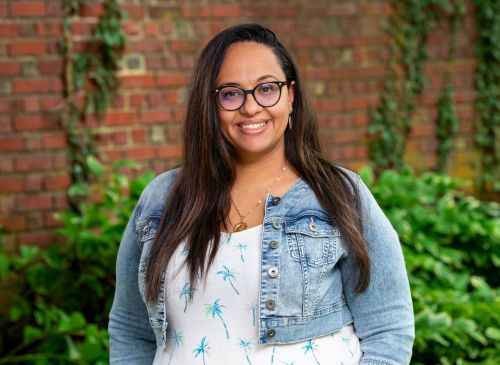Event Date/Time
Location
222
Series/Event Type

Biology and Engineering form an interdisciplinary two-way street. On the one side, natural solutions can inform and inspire mechanical systems’ design. This is referred to as bioinspired design. On the other side, referred to as engineering-enabled biology, controlled engineering experimental, numerical, and analytical tools are used and developed to answer fundamental biological questions that would be difficult or even impossible to answer directly using natural systems. This talk will introduce several examples of bioinspired multifunctional structures, such as feather-inspired flow control devices. Flow control devices on birds’ wings offer a pathway to advance small aerial vehicles' design and inform flight control for airborne energy harvesters. In addition to bioinspired engineering, I will highlight a few examples of engineering-enabled biology, such as revealing the physics governing the flying fish aerial-aquatic transition and the mechanism that enables click beetles’ legless jumping. These research topics represent how nature can inform new locomotion, actuation, and control strategies in mechanical systems and highlight that engineering analysis can provide insights into nature's locomotion and adaptation strategies.